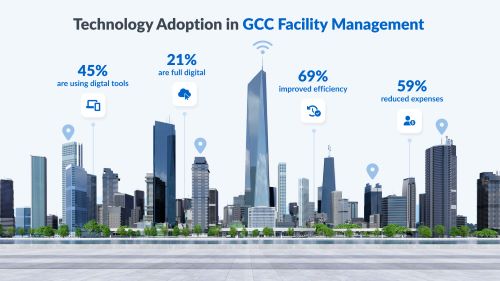Global Travel Soars Amid Evolving Risk Landscape

International SOS, the world’s leading health and security risk services company, underscored the necessity to implement enhanced risk management strategies for travellers and organisations, amid the increasing international travel. While global travel regained momentum despite significant fluctuations throughout 2023, the evolving landscape raises concerns about the growing complexity of risks that both travellers and organisations need to navigate.
International SOS data revealed a 59% increase in international travel and 48.4% increase in domestic travel during October 2023, as compared to the beginning of the year.1 These findings align with a recent report from The International Air Transport Association (IATA), emphasising the resurgence of global travel. According to IATA, global air traffic reached 97.3% of pre-COVID levels at the end of 2023.2 With the holiday season quickly approaching, IATA anticipates that this trend will continue into the New Year, despite economic and political uncertainties in parts of the world. For instance, the Middle East region anticipates to witness a substantial uptick in air passenger traffic, indicating a promising trajectory for 2024. Additionally, the industry forecasts indicate that the volume will reach 105% of 2019 levels, facilitating travel of around 429 million passengers.
Michael Rogers, Chief Security Analyst at International SOS said: “The resurgence in global travel comes at a time in which the travel security landscape is increasingly being complicated by geopolitical events, natural disasters and other developments. More and more organisations are finding comprehensive risk mitigation strategies for their mobile workforce to be of upmost importance.
Today, more than ever, travellers need to remain informed of prevailing risks and attendant mitigation measures. Beyond geopolitical issues and natural disasters, emerging diseases, social unrest and evolving crime dynamics require that travellers practice vigilance. Across a series of concurrent and overlapping crises, International SOS observed a 16% increase in the volume of security and medical alerts issued to clients throughout January to November this year compared to same period in 2022. The considerable increase illustrates both the evolving global security environment as well as value of timely and verified information and analysis as a key resource to ensure workforce safety.”
The impact of climate change, including extreme weather events, natural disasters and environmental changes also poses an additional layer of risk to global travel and are proving to be increasingly disruptive. The Intergovernmental Panel on Climate Change stated that within the next two decades, temperatures are likely to rise by 1.5°C above pre-industrial levels and we are likely to see a multitude of unavoidable climate hazards globally.3
Natural disaster-related reporting accounted for 20% of International SOS’ medical and security alert volume in the months of July and August of 2023. This is a 5% increase compared to the same period of 2022. These months fall within the peak of hurricane and tropical cyclone season, highlighting the increased risk of natural disasters.
Michael Rogers added “With climate change exacerbating existing travel risks, it is important for organisations to have robust and integrated health and security travel policies that safeguard employees from potential impacts of climate change during travels. Additionally, encompassing the ISO 31030 standard in organisations’ policies provides a framework to ensure preparedness for a changing travel security landscape and to be better placed to mitigate increasingly complex travel risks.”
Last Updated on 1 year by News Desk 1













